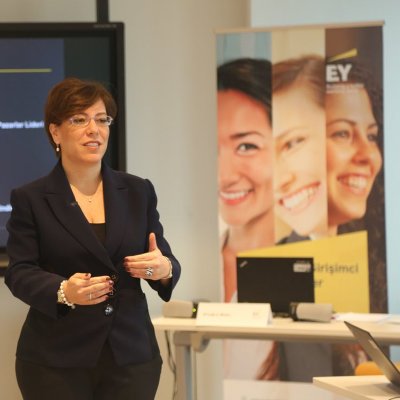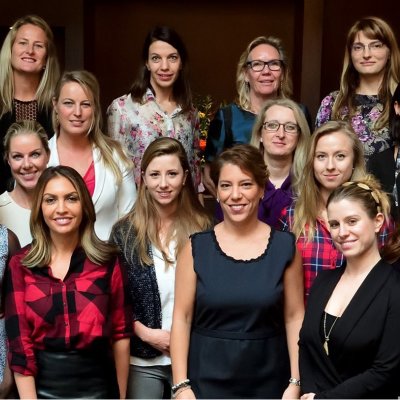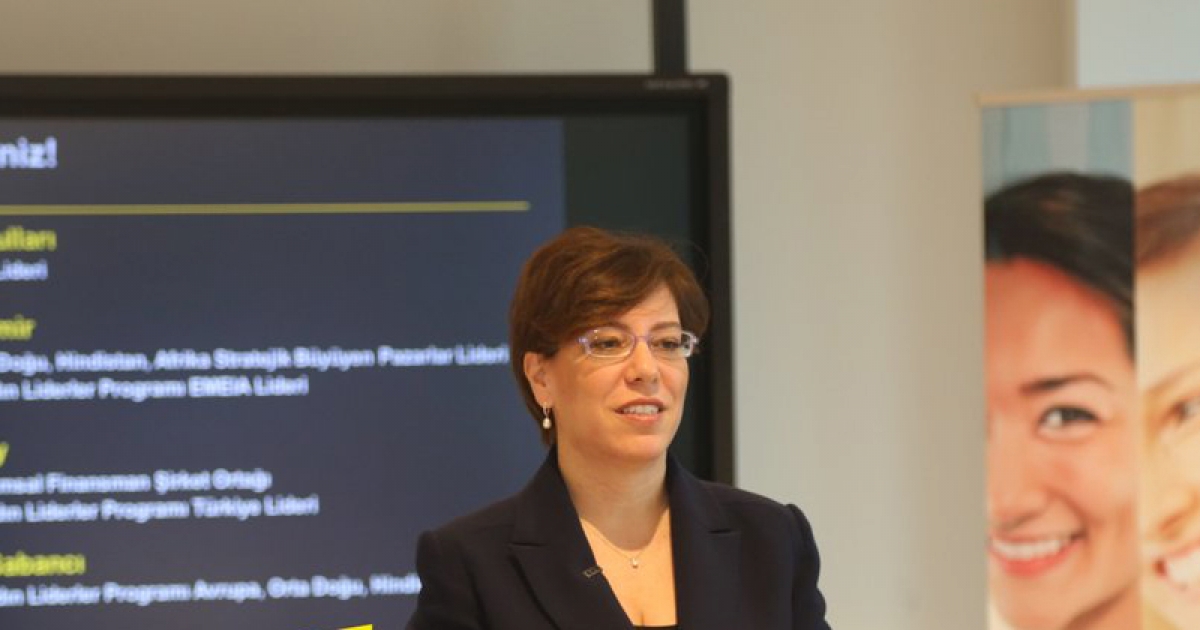Entrepreurship Is Not A Man’s Business In Turkey
How can we make winning women out of Turkey’s female entrepreneurs?
Accordingly, it hosted the launch of the W20, a taskforce that is engaging the G20 to achieve global growth through the economic empowerment of women. Furthermore, it was the setting for EY’s pioneering Women3.The Power of Three forum. This forum, which is part of EY’s Women. Fast Forward global platform, brought together business, entrepreneurial and government leaders from over 20 countries to create practical, but powerful solutions aimed at narrowing the economic gap between men and women.
At EY, we want to explore the challenges that female entrepreneurs in Turkey are facing and help find ways of addressing them because we know that Turkey’s community of female entrepreneurs is a huge mine of untapped economic potential.
The $4 bn. Opportunity
In theory, female-owned businesses represent 40% of Small and Medium-sized Enterprises (SMEs) in Turkey, according to the World Bank. Unfortunately, in practice, much of this ‘ownership’ is on paper only. According to the Turkish Women Entrepreneurs’ Association, KAGIDER, women lead just 20% of businesses in the major city of Istanbul and that figure falls even lower – to 8% – in rural areas.
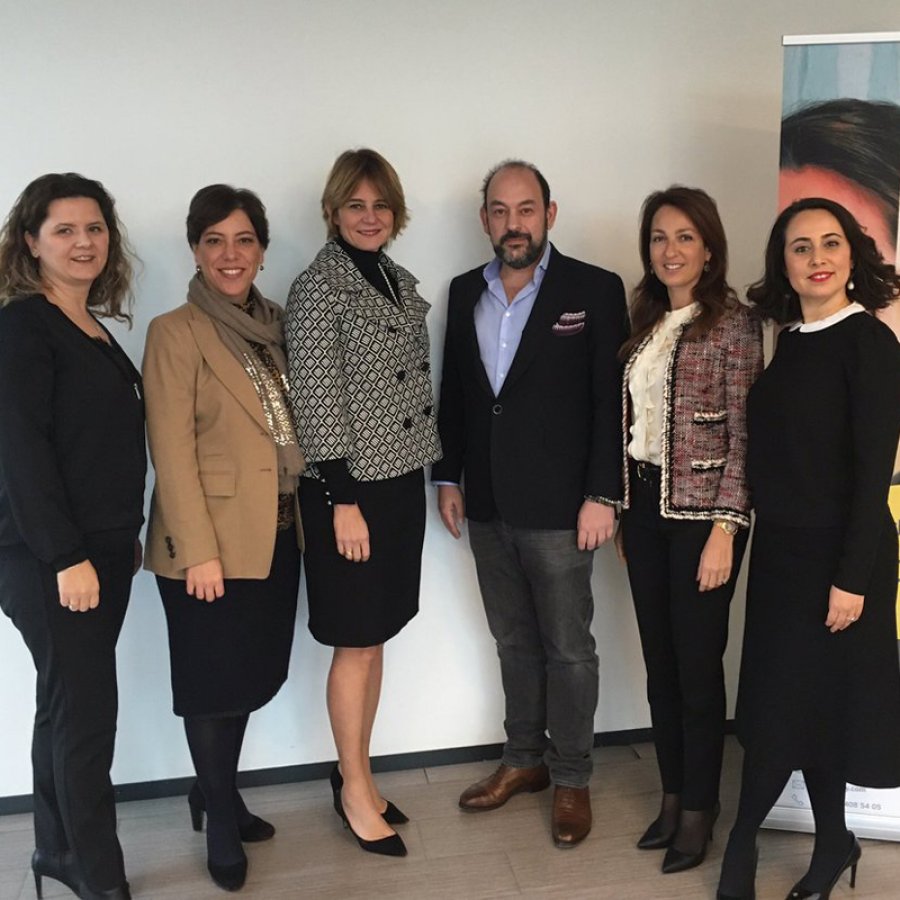
The World Bank believes that female Turkish entrepreneurs have the potential to contribute $4 bn. more to the country’s economy than they already do. Unfortunately, however, they are held back by cultural stereotypes, a lack of access to funding and inadequate education.
While female entrepreneurs in other countries face similar challenges, these challenges have a greater impact in Turkey due to the country’s particularly pronounced gender gap. On the World Economic Forum’s Global Gender Gap Index 2015, Turkey ranks 130 on a list of 145 countries.
So, how can we support female Turkish entrepreneurs to scale up their businesses in order to boost the country’s GDP and fulfill their true potential?
Action no 1 - Tackle cultural misconceptions
Entrepreneurship is not just a man’s business in Turkey – or in any other country for that matter. Therefore, we need to confront the misconceptions about female entrepreneurs that exist in Turkey – the misconceptions that entrepreneurship isn’t a suitable occupation for a woman and that if they are going to be entrepreneurs, they can only do it in certain sectors such as banking and textiles. Role models are crucial to overcoming these misconceptions. Women make very good entrepreneurs in each and every sector – as long as they have the passion and vision for what they are doing. The government and large corporates can support female entrepreneurs by adopting procurement policies where they buy a certain amount of goods and services from female-led businesses.
Action no 2 – Enable female entrepreneurs to get access to funding
Female entrepreneurs in Turkey – like female entrepreneurs in many countries – find it a struggle to access funding. Research by the Organization for Economic Cooperation and Development in 2016 found that just 12% of Turkish women said that access to money was not a barrier to starting a business – compared with 21% of men.
When they start their businesses, female Turkish entrepreneurs often use their own savings or borrow money from friends and family. Consequently, they need to be educated in how they can use third-party funding sources to grow their businesses and they need support to overcome prejudices that borrowing money is very risky.
Turkish female entrepreneurs also need mentorship and advice to help them to allocate capital within their businesses. Capital is very precious, yet capital without mentorship can be easily lost.
Action no 3 – Educate female entrepreneurs in the fundamentals of running a business
Upscaling a business is a challenge, so female Turkish entrepreneurs need education on how they can grow their businesses, manage their businesses, undertake financial planning and connect with funders and mentors.
Hope for the future
Turkey is home to some of the world’s most exciting female entrepreneurs. EY wants to enable them to succeed and to act as role models to other women, which is why it has brought its Winning Women program to the country. In addition to Turkey, we are also expanding the program through the EMEIA region to Europe, the Middle East and India.
It is my great wish that, through this program, we can support talented female entrepreneurs all around the world to grow their businesses and to make an even bigger contribution to the economies and societies where they live.
To find out more about EY’s Winning Women program in Turkey, see www.ey.com/tr/eww
To find out more about Women. Fast forward, EY’s global platform to accelerate the achievement of global gender parity, see www.ey.com/womenfastforward
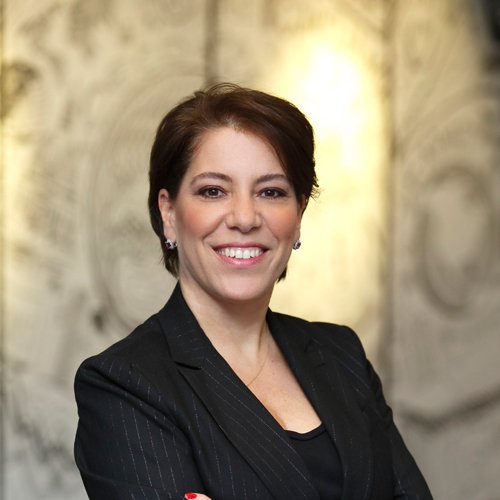
Demet Özdemir
EMEIA (Europe, Middle East, India and Africa) Growth Markets Leader, EY
Demet Özdemir is an EY Transaction Advisory Services partner and the Leader for Growth Markets in EMEIA.
She has 23 years’ experience working in corporate finance, during which she has advised numerous local and international clients on strategic decisions, including M&A transactions, privatizations and IPOs.
She has previously been the Leader of the Entrepreneur of The Year programme for Turkey, and the Private Equity Industry Leader.
Published: 25/04/2017


